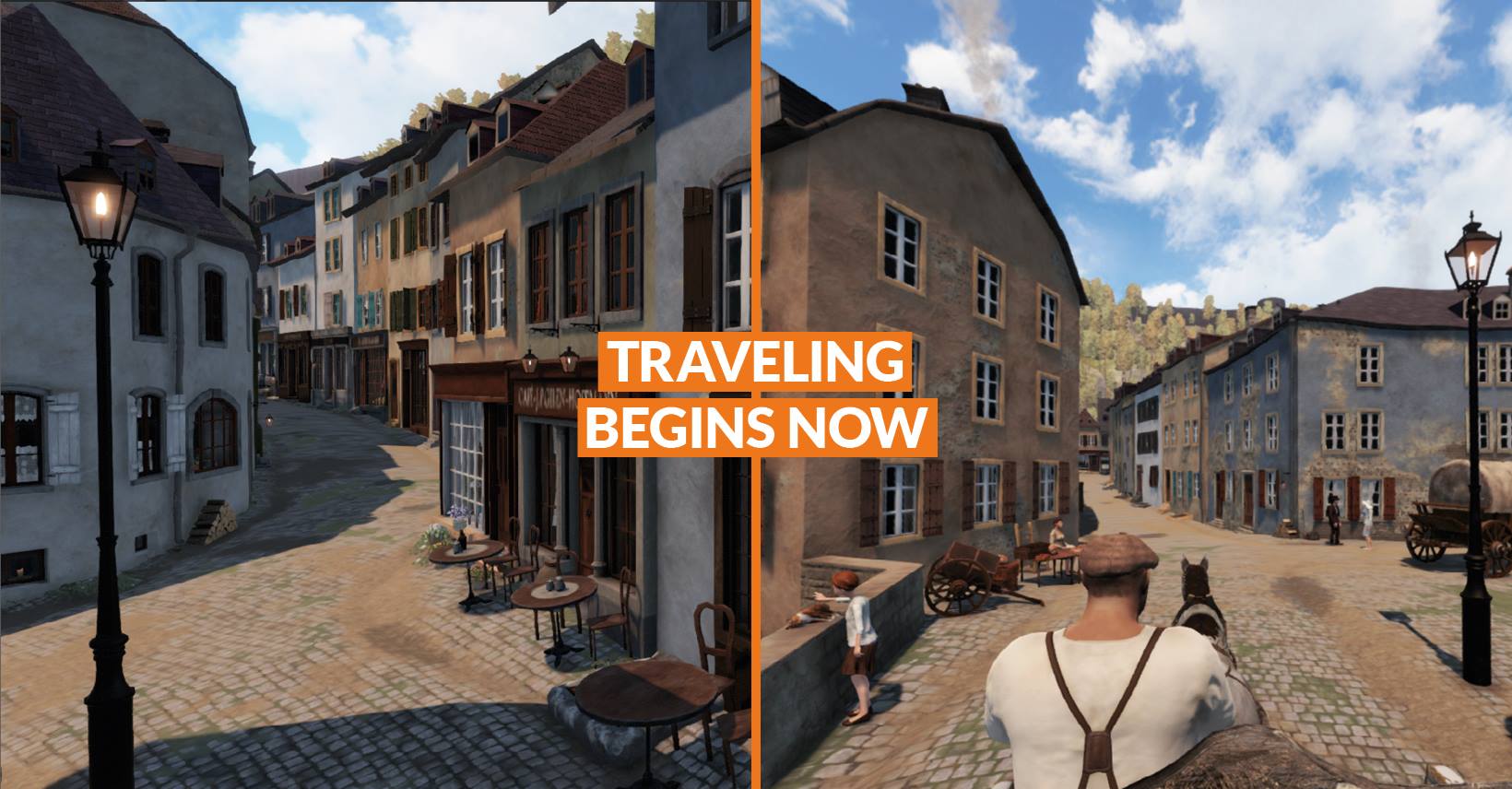Thessaloniki gets ready for its metro launch in November
The underground rapid transit lines have been under construction for almost two decades due to various project delays
 TheMayor.EU logo
TheMayor.EU logo It offers the chance to experience the city as it was in 1867
The city of Luxembourg is getting ready to set up a VR tour of the iconic Pfaffenthal district that will take visitors on a stroll to 1867. The unique virtual reality trip was developed by a German/Luxembourgish company called Urban Timetravel and the project has entered its final stages this May.
Visitors are already able to book time travel tours of the Grand Duchy’s capital as part of the Pétrusse Express. The city has also stated that in these stages, the experience will be refined until it reaches its complete state in November.
The Pfaffenthal district in Luxembourg is at the heart of the city since at least the Middle Ages. Its name comes from the German word Pfaffen, which means monk and Tal which means valley. The district is located on the Alzette River, in a gorge, splitting the capital. During medieval times it was heavily inhabited by craftsmen and artisans, who used the river.
 A glimpse into the VR world of 1867, Source: Urban Timetravel on Facebook
A glimpse into the VR world of 1867, Source: Urban Timetravel on Facebook
The VR time travel journey, however, takes us to the year 1867. Visitors riding on the Pétrusse Express will have access to headsets, that will let them glimpse the same locations, recreated in digital space as they looked in the mid-19th century. This is one of the first trips using a geolocated vehicle, to track passengers’ movement through space.
When the Pétrusse Express, a small tourist train, reaches the start of the valley, people will be asked to put on their headsets. This will put them in the front seat of a fictional, virtual horse-drawn carriage, and give them a chance to look around and see what this part of town looked like in the days of old.
The company developed the virtual space with the help of the archives of two local museums and the City Library. The first trial run was in 2018 when the system could support a single viewer. Now, it can handle 15.

The underground rapid transit lines have been under construction for almost two decades due to various project delays

Now you can get your wine in Talence by paying directly in Bitcoin

That’s because the state has to spend money on updating the railway infrastructure rather than subsidizing the cost of the popular pass

Rethinking renewable energy sources for the urban landscape

The examples, compiled by Beyond Fossil Fuels, can inform and inspire communities and entrepreneurs that still feel trepidation at the prospect of energy transition

Now you can get your wine in Talence by paying directly in Bitcoin

The 10th European Conference on Sustainable Cities and Towns (ESCT) sets the stage for stronger cooperation between the EU, national and local level to fast track Europe's transition to climate neutrality.

At least, that’s the promise made by the mayor of Paris, Anne Hidalgo

The underground rapid transit lines have been under construction for almost two decades due to various project delays

At least, that’s the promise made by the mayor of Paris, Anne Hidalgo

Hostal de Pinós is located in the geographical centre of the autonomous region

Despite its church-y name, the district has long been known as the hangout spot for the artsy crowds

Urban dwellers across the EU are having a say in making their surroundings friendlier to people and the environment.

Forests in the EU can help green the European construction industry and bolster a continent-wide push for architectural improvements.

Apply by 10 November and do your part for the transformation of European public spaces

An interview with the Mayor of a Polish city that seeks to reinvent itself

An interview with the newly elected ICLEI President and Mayor of Malmö

A conversation with the Mayor of Lisbon about the spirit and dimensions of innovation present in the Portuguese capital














